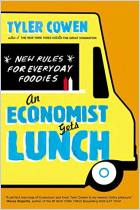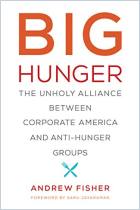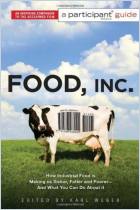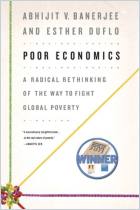
How the Other Half Eats
The Untold Story of Food and Inequality in America
Recommendation
Mothers overwhelmingly take the blame for their children’s health and diet. What does that mean for mothers without the resources to buy the right foods versus the mothers who can buy healthful food but never feel their choices are good enough? Sociologist Priya Fielding-Singh interviewed four San Francisco Bay families from different backgrounds to find out how and why people eat as they do. Her research shows that Americans’ dietary choices have little to do with personal discipline and, instead, mainly involve family budgets and societal pressures. Personal desires – whether to be a perfect mom or to alleviate the weight of poverty – shape how Americans eat.
Summary
About the Author
Priya Fielding-Singh is a sociologist at the Stanford University. She studies the societal factors that determine people’s health.




















Comment on this summary or Comenzar discusión